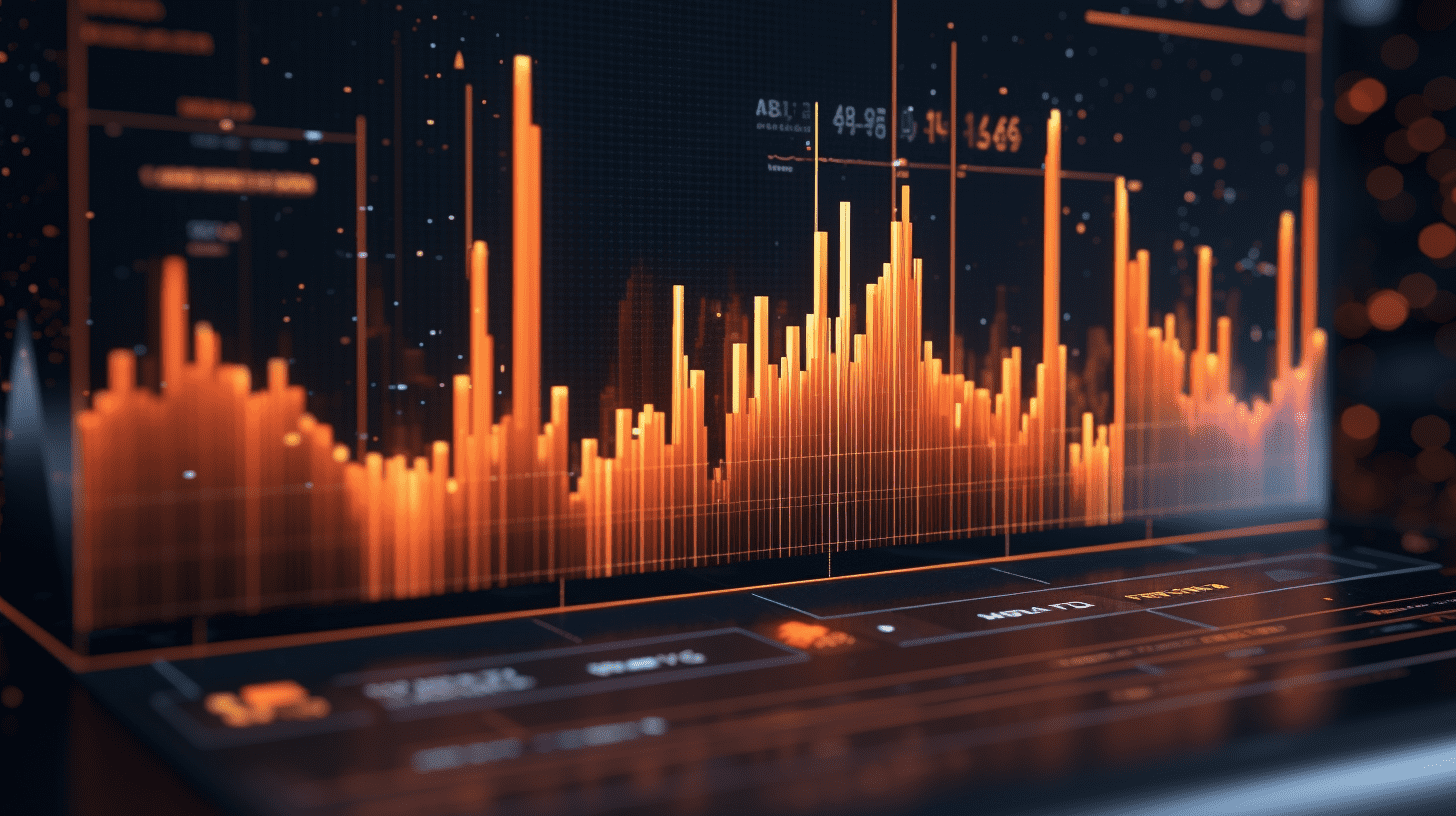The independence of the Federal Reserve is being questioned like never before, and doubts about Powell's future are casting a shadow over the US dollar and Treasury bonds.
The prices of U.S. Treasury bonds are falling as the market absorbs the shockwaves caused by President Trump's latest criticism of Federal Reserve Chairman Powell.
Notice that the price of US Treasury bonds is falling as the market digests the shockwaves caused by President Trump's latest attack on Federal Reserve Chairman Powell. On Thursday, the yield curve for US bonds rose across the board, with the yield on 10-year Treasury bonds edging up 1 basis point to 4.47% and the yield on 30-year Treasury bonds remaining above 5%.
US bonds experienced severe volatility on Wednesday amid reports that Trump was planning to fire Powell. Short bonds rose temporarily as expectations of a rate cut increased, but Trump later stated that there were no plans to replace Powell. Despite Trump's repeated criticisms of Powell this year, the escalating situation has investors worried about political interference in the central bank.
The Global Economic and Cross-Asset Research Director at the French Industrial Bank stated, "The central bank's biggest asset is credibility, and if it is damaged by changing leadership, the market's response will be extremely negative," and "this will trigger significant volatility," adding that speculation about Powell's successor will further exacerbate the turbulence in US bonds and the US dollar.
While Trump has stated that it is "highly unlikely" he will fire Powell, he continues to pressure the Federal Reserve to lower interest rates, and refuses to "rule out any possibilities".
The Foreign Exchange Research Director at Deutsche Bank, George Saravelos, pointed out that as long as Trump's threats persist, concerns related to this will continue to suppress the US dollar and US bonds. The US dollar index fell and then rose on Wednesday, and continued to rise by 0.3% on Thursday, but the bank warned that if Powell is forcibly replaced, the US dollar could plummet by 3-4%, and bond yields could surge by 30-40 basis points.
Nevertheless, as Powell's term ends in May next year, Saravelos expects these negative factors to gradually fade. He added that the way he leaves will be crucial.
Saravelos said, "As Powell's departure date draws closer, at the very least some of the extreme tail risks should dissipate, as well as the risk of institutional coercion faced by the Federal Reserve."
He believes that if this process is "disorderly," Powell may be asked to leave but refuses to do so, it would be "a very bad situation".
The Derivatives Sales Director at JPMorgan, Benhamu, pointed out that the independence of the Federal Reserve is a "myth", and recommended that clients go long on the S&P 500 index and the VIX index, betting that expectations of a rate cut will boost risk assets, while uncertainty surrounding tariffs, inflation, and Federal Reserve personnel will increase market volatility.
Citing the example of President Johnson pressuring Federal Reserve Chairman Martin in 1965, he stated that "the current public drama has been continuing behind the scenes for decades". As Powell's term nears its end, the market will begin to price in the policy orientation of the next chairman. He advised clients to continue holding the S&P 500 index and the VIX index, betting that investors will increase their investments in risk assets such as cryptocurrencies and artificial intelligence, and betting that uncertainty surrounding tariffs, inflation, and the Federal Reserve will increase market volatility.
Senior executives of the three major Wall Street banks all emphasized the importance of the independence of the Federal Reserve. However, interest rate decisions require the majority support of the Federal Open Market Committee, and the new Chairman must persuade colleagues to support a rate cut. The latest dot plot shows that officials still have differing views on the path to rate cuts this year, primarily due to differing views on the impact of Trump's tariffs on inflation.
Benhamu said, "I don't think Powell will actually be fired, but that's really irrelevant at this point, as the market will soon realize that he has been artificially sidelined and begin to predict what the next chairman will do," "Whether it's Hasset, Waller, or Walsh, there's no doubt that the dovish competition will only intensify."
Related Articles

Survey: Most respondents expect that Powell will retire before his term ends, which could either lead to him stepping down early or causing a huge shockwave.

After visiting Japan, a message of optimism is released. Bert Beisent: The United States and Japan can reach a good trade agreement.

Ministry of Commerce: China's foreign investment absorption in the first half of 2025 was 423.23 billion RMB, a year-on-year decrease of 15.2%.
Survey: Most respondents expect that Powell will retire before his term ends, which could either lead to him stepping down early or causing a huge shockwave.

After visiting Japan, a message of optimism is released. Bert Beisent: The United States and Japan can reach a good trade agreement.

Ministry of Commerce: China's foreign investment absorption in the first half of 2025 was 423.23 billion RMB, a year-on-year decrease of 15.2%.

RECOMMEND

For the Third Consecutive Month, China Reduces U.S. Treasury Holdings by $900 Million in May, While Japan and the United Kingdom Increase Holdings
18/07/2025

Tariff-Driven Inflation Arrives with Delay as U.S. Consumers Begin to Feel the Initial Pinch
18/07/2025

Multiple Countries in High-Stakes Talks with the U.S.; EU Considers Invoking “Anti-Coercion Tool” as U.S. Plans Unified Tariffs on 150 Nations
18/07/2025


